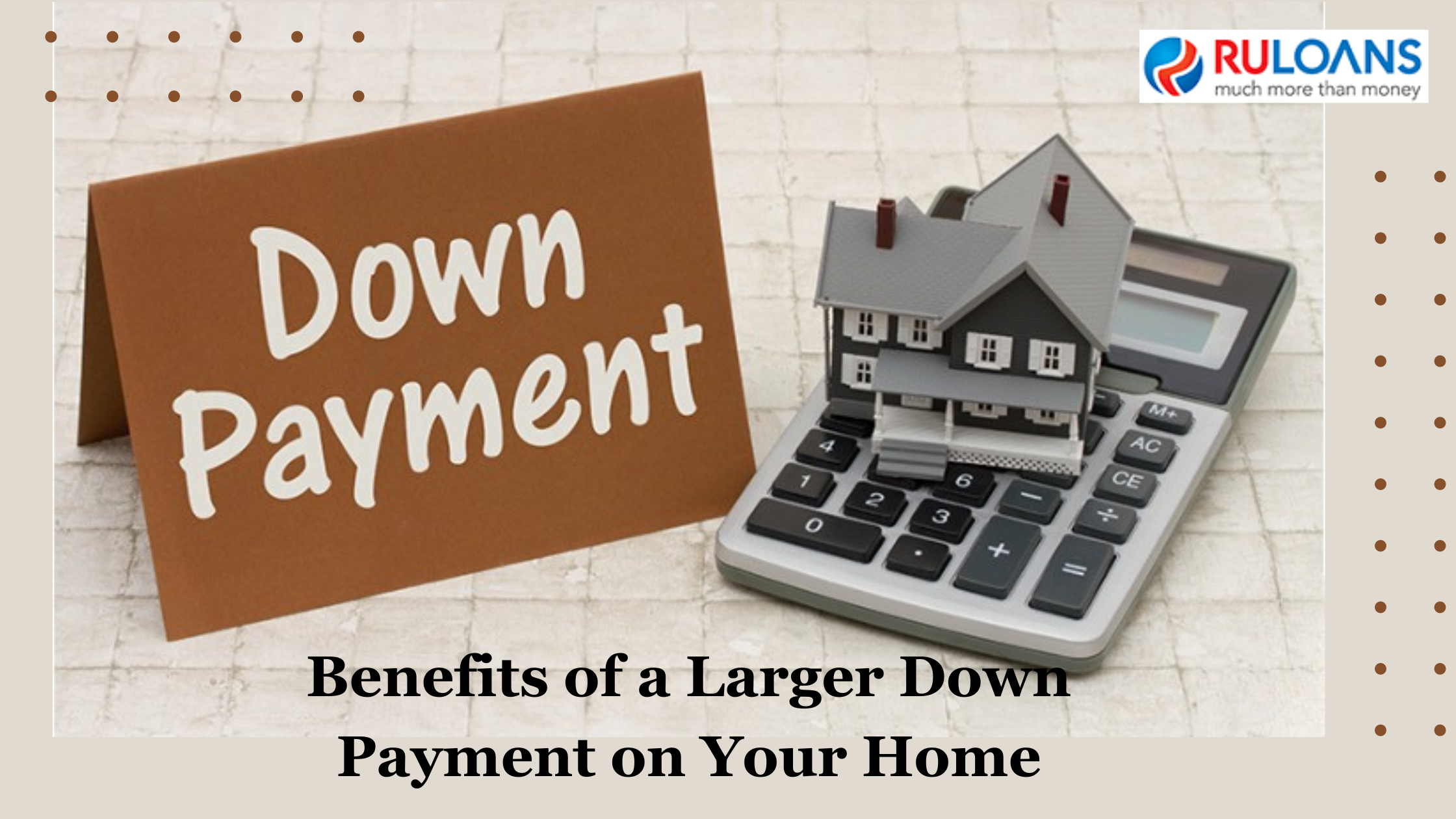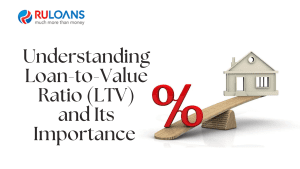Introduction
Buying a home is often considered one of the most significant financial decisions a person will make in their lifetime. Central to this process is understanding the concept of a down payment. A down payment is the initial, upfront amount a buyer pays towards the purchase price of the property. Essentially, it represents the buyer’s stake in the home. While the importance of a down payment is often underscored, potential homeowners may wonder: Why is it such a focal point in the home buying process? What are the various types and how much is typically required? And, more importantly, what are the benefits of making a larger down payment?
Defining the Down Payment
A down payment acts as a security net for lenders. It’s a chunk of the home’s total price that you’re required to pay upfront. Different mortgage plans may have varying minimum down payment requirements, with many lenders commonly asking for at least 3-5%. However, the gold standard in the world of real estate is a down payment of 20% or more.
The Upside of Upsizing Your Down Payment
Beyond the primary function of securing the property, increasing the size of your down payment can be a strategic move with a cascade of benefits:
- Lower Monthly Mortgage Payments: By offering a more considerable sum upfront, the remaining balance of your home decreases. As a result, this leads to reduced monthly mortgage payments. Less of your income will be tied up in housing costs, and you’ll pay less interest over the life span of the loan, thanks to a diminished principal.
- Escape the PMI Trap: Private Mortgage Insurance (PMI) is an added expense for those who can’t muster a down payment of 20% or more. This insurance policy is a safety net for lenders, not for borrowers, and it can inflate monthly costs considerably. A larger down payment can circumvent this additional expense.
- Accelerate Equity Growth: Equity, the portion of the property you truly ‘own’, grows with every mortgage payment. A more substantial down payment gives you a head start in this race, allowing you to build equity at a brisker pace since you start with a reduced loan amount.
- Boost Loan Approval Odds: Lenders often view borrowers with more significant down payments as less risky. By offering more upfront, you not only demonstrate serious intent but also commendable financial discipline, which could tilt the scales in your favor during the loan approval process.
- Greater Financial Agility: A home is an investment, but it shouldn’t handcuff your finances. Larger down payments can grant you more monetary flexibility. With reduced monthly obligations, you have more extensive financial bandwidth to cater to other pressing needs, be it saving for retirement or planning for your child’s education.
Conclusion
In the vast landscape of home buying, a down payment is more than just an entry ticket; it’s a strategic instrument that can shape your financial future. Opting for a larger down payment can lead to substantial savings, build equity faster, and provide a sense of security and freedom.
However, amassing a substantial down payment is no small feat. Start by setting clear savings goals, cutting unnecessary expenses, and considering automating a portion of your paycheck to go into a dedicated “home fund.” Remember, every bit adds up!
While these guidelines offer a general perspective, individual financial situations can vary. It’s always wise to consult with a financial advisor to understand the best course of action tailored to your circumstances. Making informed decisions now can pave the way for a stable and prosperous homeownership journey.
Key Takeaways
- Down Payment Defined: A down payment is the upfront payment made when purchasing a property, typically ranging from 3-5%, but ideally 20% for maximum benefits.
- Benefits of a Larger Down Payment: Higher down payments can lead to lower monthly mortgage payments, the elimination of PMI costs, rapid equity growth, increased loan approval odds, and enhanced financial flexibility.
- Strategies for Savings: To amass a substantial down payment, set clear savings goals, reduce non-essential expenses, and consider automating savings.
- Seek Expert Advice: Consulting with a financial advisor ensures decisions tailored to individual circumstances, paving the way for a successful homeownership journey.










